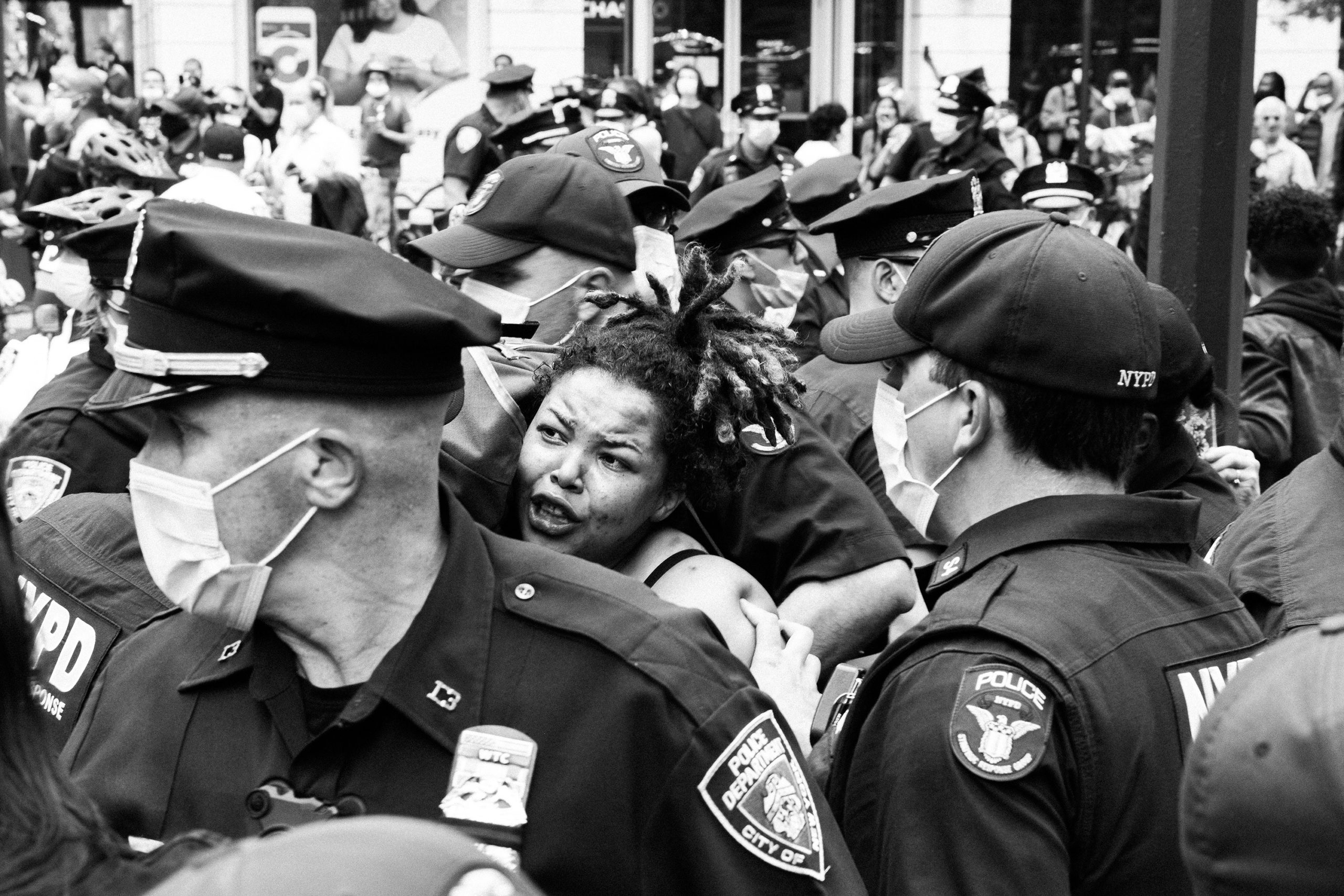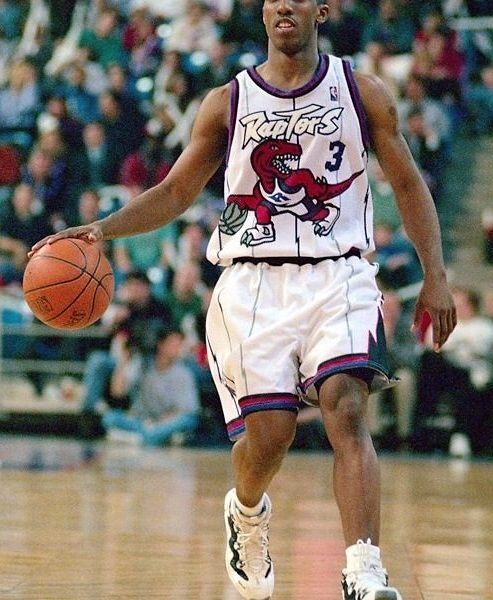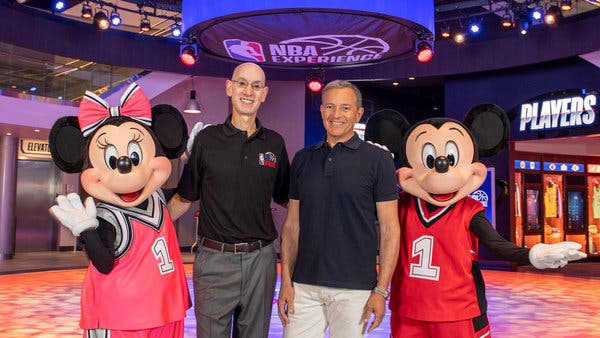Parsing an emotional reaction and converting it into an action can be difficult because you do not know how to act. You do not know what to do. When you have acted on an instinct it has come at a cost which seemed dissonant with the society and democracy we live in. Justice says that if a person harms another person, the latter should be made whole by the former under the authority of the government. If the victim is put in a worse condition by the government they have no incentive to seek justice as they do not have a recourse to being whole again. The victim does not know what to do. They do not know how to act. They are helpless. When this becomes more than a one-off experience but a way to navigate life, the suffering is compounded until it becomes an exponential curve of agony that becomes part of you. You end up labelling it so you can pass the day and feed the kids. Then an event happens. Something that shakes you. Makes you snap out of your daily routine. Shatters your facade and makes you feel something you’ve conditioned yourself not to feel. You look underneath the label and once you do, emotions are inflamed and there’s no institution willing to lend you support, nobody to make you whole. But you’ve never been whole. You’ve always been helpless.
What natives and black people have gone through is unconscionable based on any barometer. There are two very difficult reads that give you an idea of both. White Rage by Carol Anderson and 1491 by Charles Mann. They certainly gave me some context and I highly recommend the former for anyone trying to form a perspective on current events.
All this to say that what’s visible to us on the streets is a tangible violent reaction. We have a natural inclination to condemn violence and there is an expectation that we must do so again. However, the root cause of the violence is much more difficult to focus on because it’s intangible, invisible and plentiful. It is the holy trinity of oppression with no singular direct line between cause and effect. It is easy for us to focus on what’s visible and not what’s brutal only because it’s hidden between the lines. That’s the complexity of anything that is perpetuated in a systematic manner.
The system has many components, most of which serve to subjugate the underprivileged. As the oppressed you don’t even know what to fight because you’re overwhelmed by the deep-seated inequities in the system whose guise it is to help you, ironically. That I can argue is far more violent than what we’re seeing on the streets. So when people condemn the violence on the street they need to do it hand-in-hand by articulating the far greater violence buttressed by centuries of coercion and injustice.
In moments such as these the intangible oppression becomes tangible just for a moment, and if it’s visible for long enough to catch a spark, there’s fire on the streets. This fire is not about a man looting a store or spraying graffiti on the walls. It’s about how that man was denied education, opportunity and liberty through systematic and institutional discrimination. You can argue that he’s a lost cause – even a one-line criminal record ensures that – but future generations aren’t. Instead of viewing his actions as violence against society, consider it a beacon calling us to question how we, a “first world country”, allowed this to happen. Where did we go wrong? Many places and over many centuries, but it is never too late to start questioning our fundamental assumptions and beliefs on how we create equity in this world.
The phrase that makes me cringe in today’s times is “make it count at the polls”. That may be the most hollow statement that is out there because whoever says that for one doesn’t understand gerrymandering. And if they don’t understand gerrymandering then they certainly don’t understand that elections are about ensuring that the subjugation continues, not concludes. Sometimes people holding this viewpoint concede that policing has to be better and lightly suggest that that’s the main issue. I wish that policing was the only problem that people of color have to deal with – that would be relatively easy.
People have asked me whether I support the protests but not the violence and I have a hard time divorcing one from the other. The best I can say is that I understand the violence and see it as a need for being heard and listened to, not just lip service and empty election-timed promises. There is no sign that that will be happening anytime soon, but a good starting point would be to take the police brutality we have witnessed seriously and punish it as per the law. That wouldn’t come close to righting any wrong, but it may indicate that you at least acknowledge another human being’s existence.
—
The entire Raptors Republic team stands with the protesters across the globe. Here are some links to funds that need your support.



